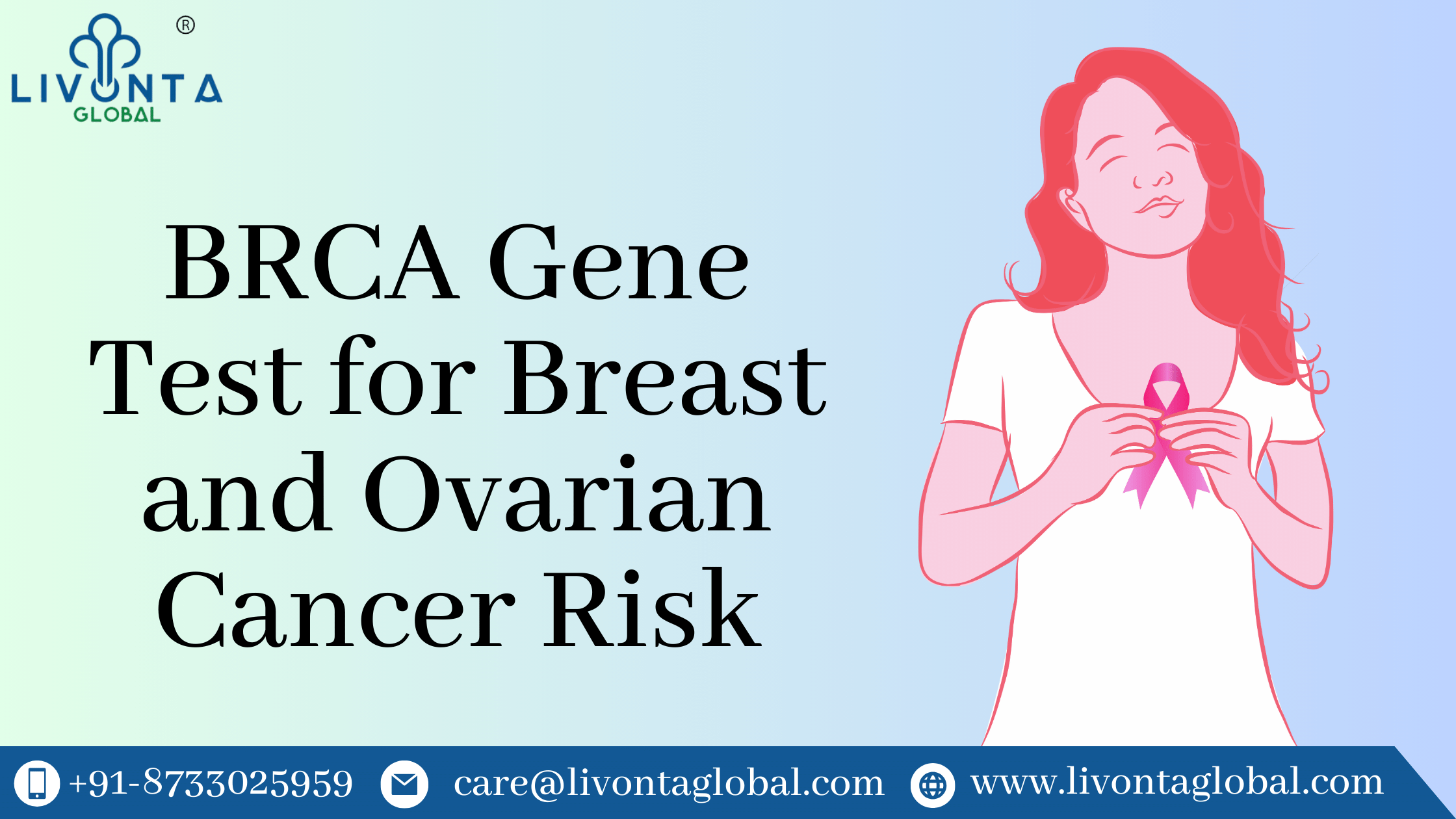
BRCA Gene Test for Breast and Ovarian Cancer Risk
The BRCA gene test is a blood analysis that employs DNA analysis to find damaging variations (mutations) in either of the two genes that increase the risk of developing breast cancer, BRCA1 or BRCA2. A comparative study shows that the general population who inherit mutations in these genes are more likely to develop ovarian and breast cancer.
Those who are likely to have an inherited mutation due to a personal or family history of breast cancer or ovarian cancer are offered the BRCA gene test. For those who have a typical risk of developing breast and ovarian cancer, the BRCA gene test is not frequently administered. Reach out to the doctors of best cancer treatment India for a detailed understanding of the test.
Genetic test results aren’t always obvious. If the test comes back positive, it means you have a gene mutation that raises your risk of developing cancer. Always speak with your doctor to know all the risks. If the test is negative, you might not have the mutation or you might have a gene mutation that hasn’t yet been identified by scientists. Your test may potentially reveal a gene variant about which doctors are unsure. What the results suggest for your chance of developing cancer in these circumstances is not always obvious.
The majority of persons who are seeking genetic testing receive genetic counselling. Genetic counselling can prescribe a particular set of genetic tests, assist you in determining whether genetic testing is best for you, and assist you in understanding what the results may indicate for your health.
Why it’s done?
To find out if you have DNA changes (mutations) that raise your risk of breast cancer, a blood test called the BRCA gene test is used. Mutations in the BRCA1 or BRCA2 breast cancer genes considerably raise the chance of:
- Mammary cancer
- breast cancer in men
- Breast cancer
- Cancer of the pancreas
- Melanoma
Together, you and your doctor can manage your risk if a gene mutation is found.
Risks?
Except for the minor risks of having blood drawn, such as dizziness, bleeding, or bruises, getting tested for a BRCA gene mutation carries no medical hazards. The emotional, financial, physical, and social ramifications of your test results are additional effects of genetic testing.
In the event that a genetic mutation is inherited, you might have to deal with:
- Anxiety, rage, despair, or melancholy feelings
- worries about potential insurance discrimination
- strained family ties after finding out about a hereditary abnormality in the family
- Choosing difficult preventive steps that will have long-term effects
How do you prepare?
Meeting with a genetic counsellor is the first stage in the BRCA gene testing procedure. Consult a genetic counsellor as soon as you’re thinking about having any type of genetic test to see if it’s right for you and to go over the advantages, hazards, and other factors to consider. The genetic counsellor asks for a thorough medical and family history, determines your risk of cancer, discusses the advantages and disadvantages of genetic testing, and lays out your options.
Most frequently, blood is used for the BRCA gene test. To get the blood sample required for testing, a doctor, nurse, or medical technician inserts a needle into a vein, typically in your arm. The sample is delivered to a laboratory for DNA testing. Saliva is one of the additional sample types that may occasionally be gathered for DNA analysis. Consult your doctor if you’re considering a saliva DNA test and have a family history of cancer. In order to choose the best sample type for genetic testing, he or she can recommend you to a genetic counsellor. The top providers for cancer treatment in India can suggest what needs to be done in actuality.
Breast CancerTags: Breast Cancer Risk, Women's Health

